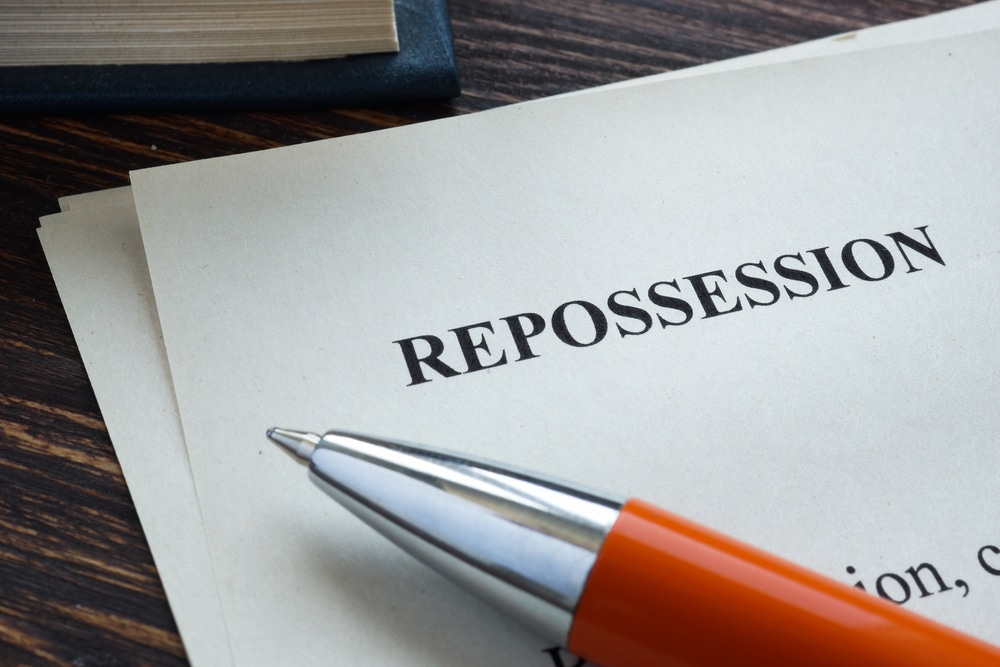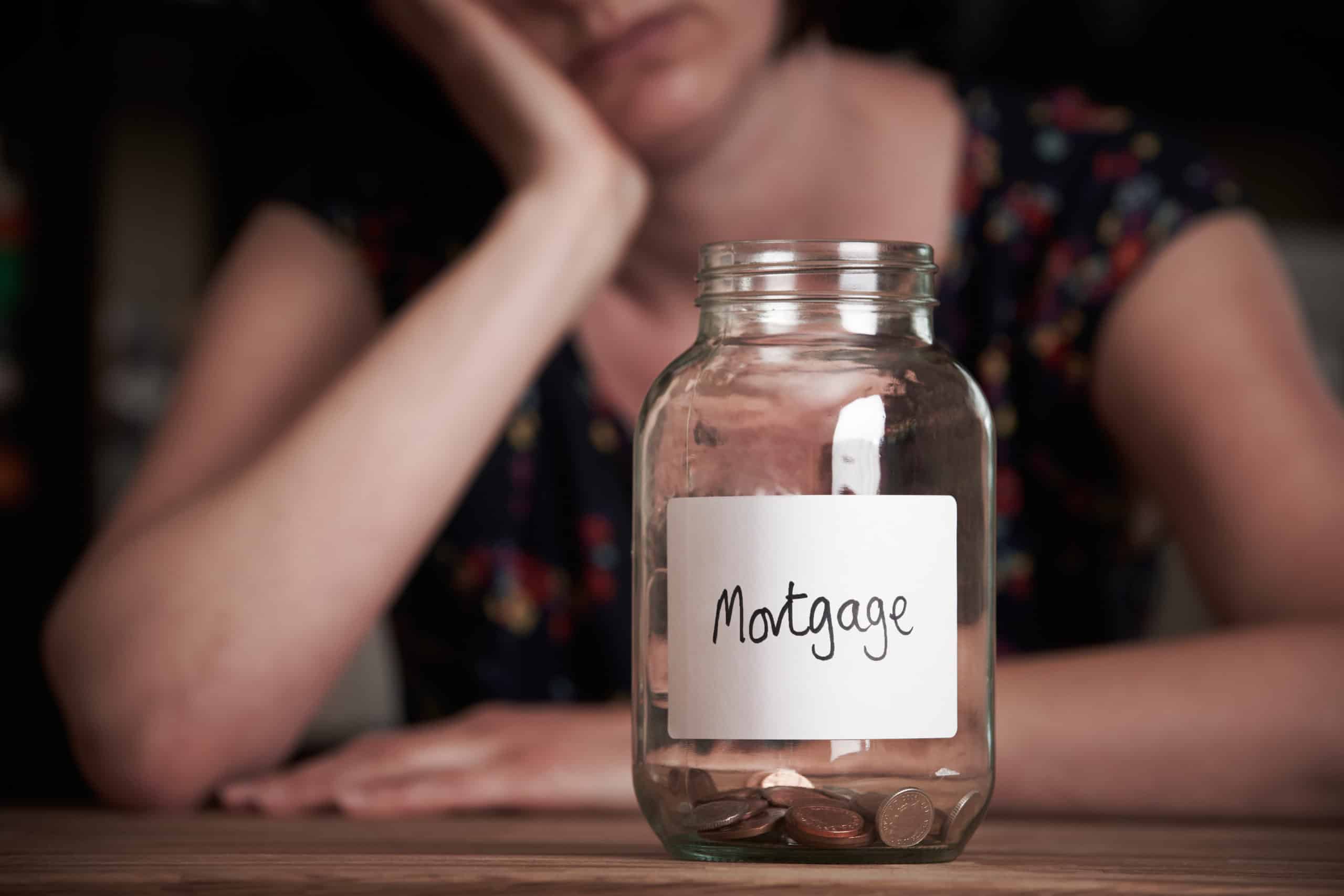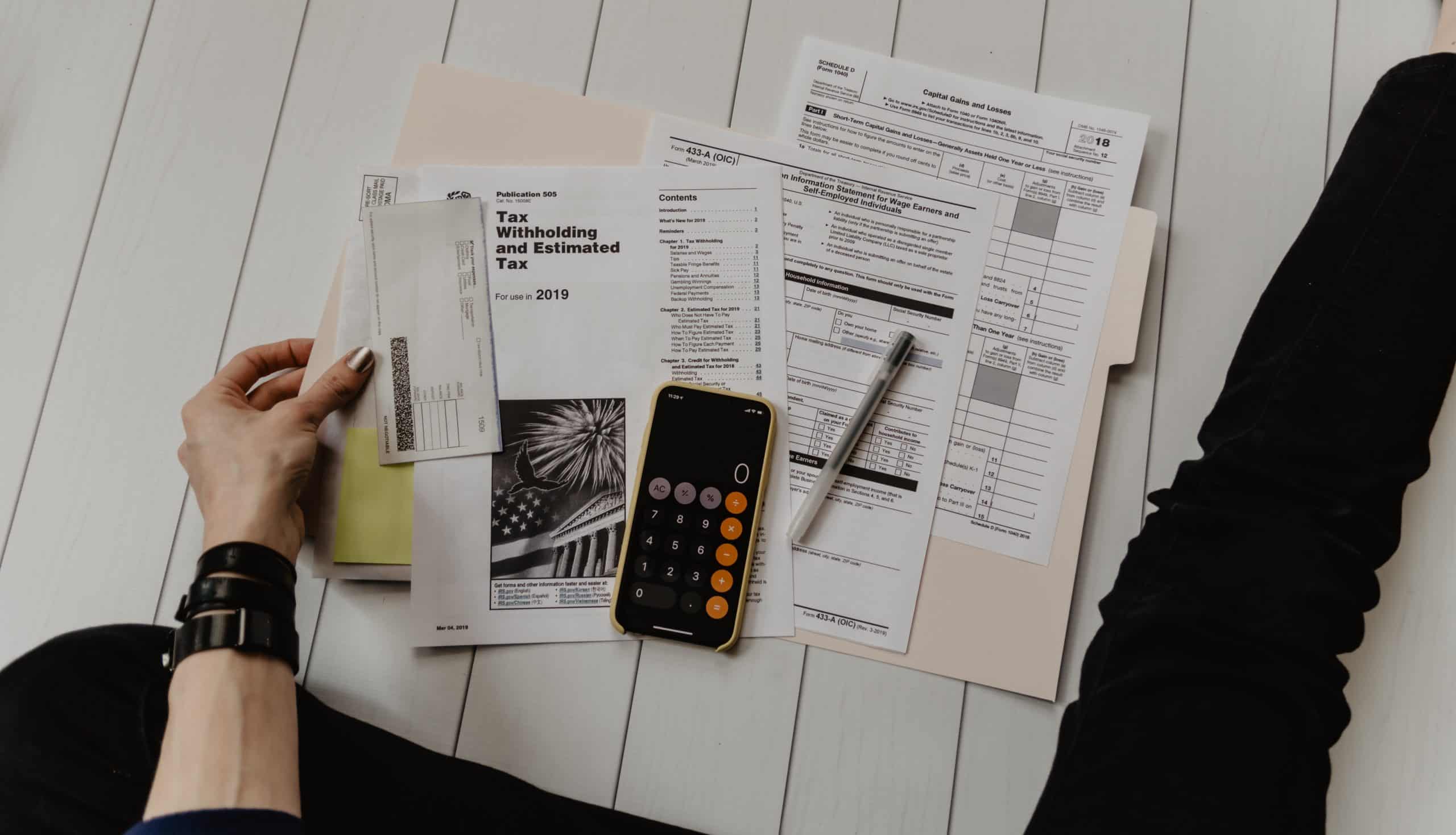Losing a property due to repossession is a stressful experience that unfortunately, some property owners have to face at one point in time. Data from 2022 shows that between 70 and 280 homes were repossessed each month in England. While this data can be quite scary, the good news is that the number of repossessions in England has almost halved since Q1 of 2020.
But data isn’t important if you personally are at the risk of property repossession. If you suspect that this may be what the future holds for you or are currently going through repossession, read this article until the very end. Today, we’re going to cover:
- What you need to do right now if you’re facing repossession
- The current rate of repossession across London
- What your options are if your property is repossessed
Facing Property Repossession? Here’s What You Need to Do
If you’re facing repossession, don’t wait and hope that the problem will resolve on its own. Chances are that it won’t and it will only make your situation worse and more difficult to resolve. To avoid repossession, there are things that you should do as soon as possible.
Contact Your Lender
If you suspect that you won’t be able to make the necessary payments on your mortgage, contact your lender right away. Taking initiative before you miss your payments will give both you and your lender time to figure out a middle ground that works for both parties. Remember that no matter what, eventually, you will have to deal with your lender, so it’s better to do it sooner rather than later.
Request Loan Modification
Some lenders allow borrowers to temporarily or permanently modify their loan in accordance with their current financial situation. If your current mortgage payment is too high, you can ask if you can spread out the rest of your loan over more years. This will lower your monthly payment and make it more manageable.
Set Up a Repayment Plan
If you’re already behind, ask your lender if they’d be happy for you to set up a repayment plan on the current debt. That way, you’ll know how much you need to pay extra each month.
Inquire About Forbearance
Some lenders can be very flexible, and in some cases, even freeze or suspend the borrower’s mortgage payments temporarily. This is great for borrowers who need a little bit extra time to regroup.
Get Legal Advice
If you’re at the risk of property repossession, it’s worth getting legal advice. Having legal representation will not only make the process much less stressful, but it will also increase your chances of a pleasant outcome.
Avoiding Property Repossession by Selling Your Home
If there is nothing else that you can do to avoid property repossession, your last option is to sell your property. When the repossession is regarding a rental property that is currently let, you can sell a tenanted property the same way you could if it were your own home.
That way, you’ll recoup your investment, pay off your debts to the lender, and you’ll hopefully be left with a nice chunk of money as a reward for all the stress.
The Current Rate of Repossession in London
The average repossession rate in the English capital as of 2022 is 1.68 per 1,000 properties. This is almost double the rest of England, where the rate of property repossessions is just 0.94 per 1,000 households.
Property repossessions in London are almost double compared to the rest of England, including:
- Higher interest rates
- Higher mortgage payments
- Rise in cost of living
- Inflation
When the economy is heading south, it is inevitable that some people’s properties, especially in London’s fierce property market will end up being repossessed. At the end of the day, keeping up with payments in a city like London is difficult as it is.
Your Options After Property Repossession
If your property has already been repossessed, don’t lose hope. In some cases, you may be granted a redemption period, during which you can buy back your property by paying all of the outstanding debt. To check if this is an option, please contact your lender as soon as possible.
If buying your property back isn’t an option or if your redemption period has ended, there isn’t much you can do. In such a case, what we would recommend is to learn from this unfortunate experience and make sure that it never happens again.
If your property is at the risk of repossession, it’s best to get in touch with your lender and come to a middle ground. You should never ignore the problem and hope that it goes away, because it won’t and it will only make the matter worse.
Even if you don’t come to an agreement with your lender, and you end up getting your property repossessed, don’t lose hope. There are plenty of things you can do to try and get your property back.

















